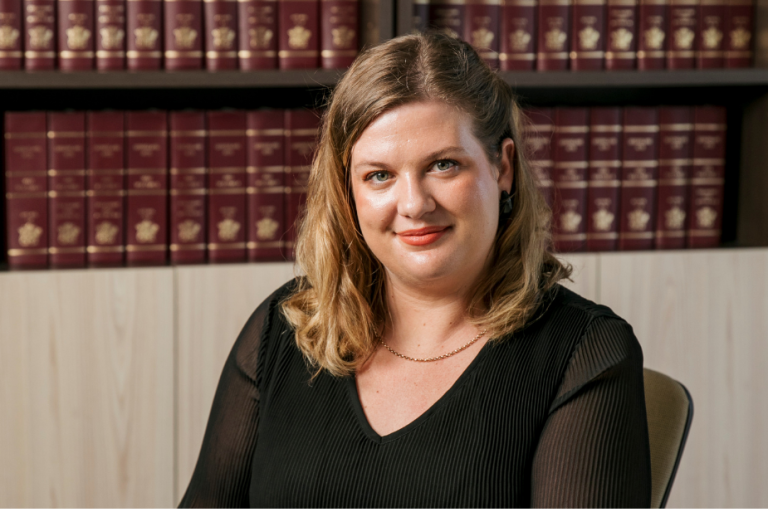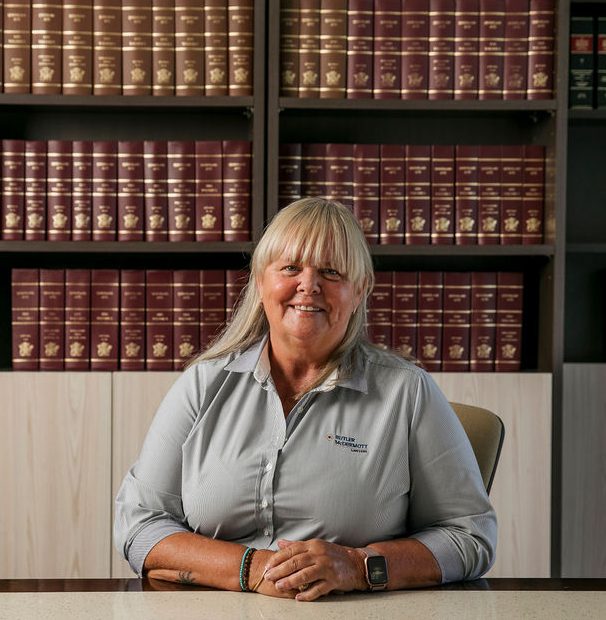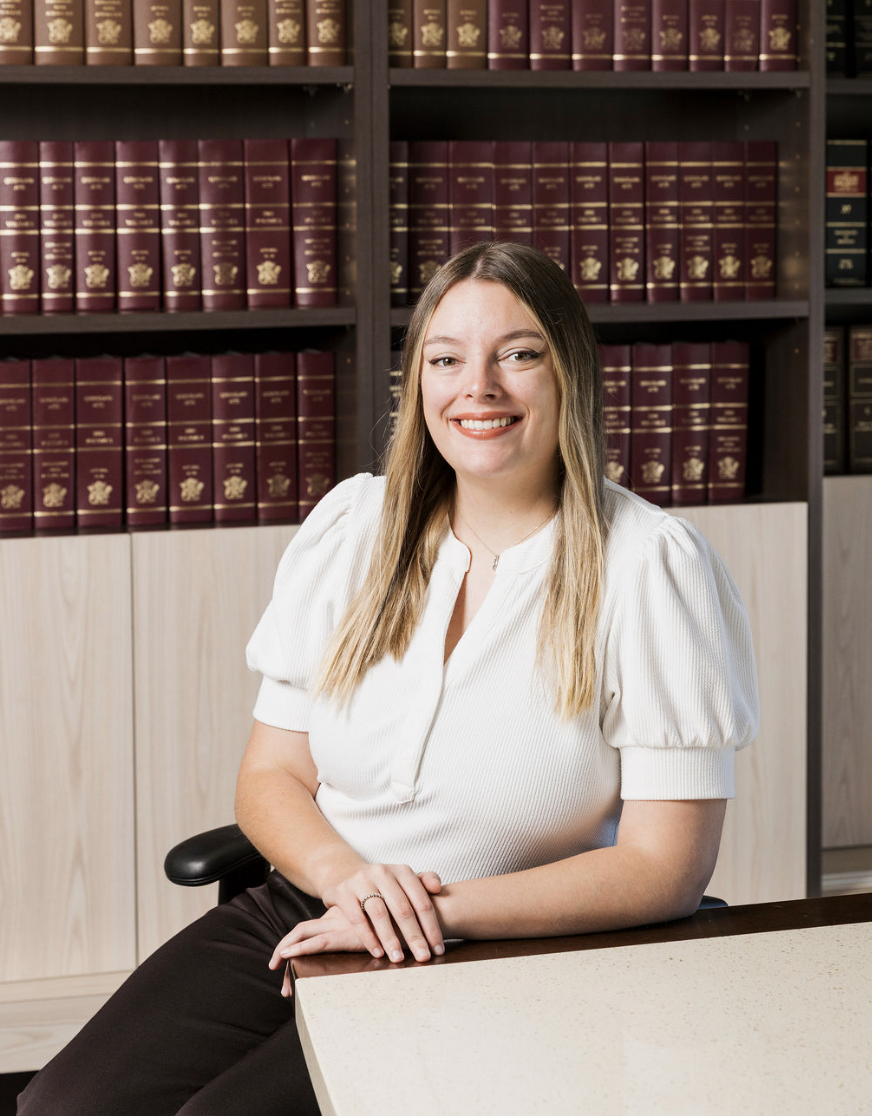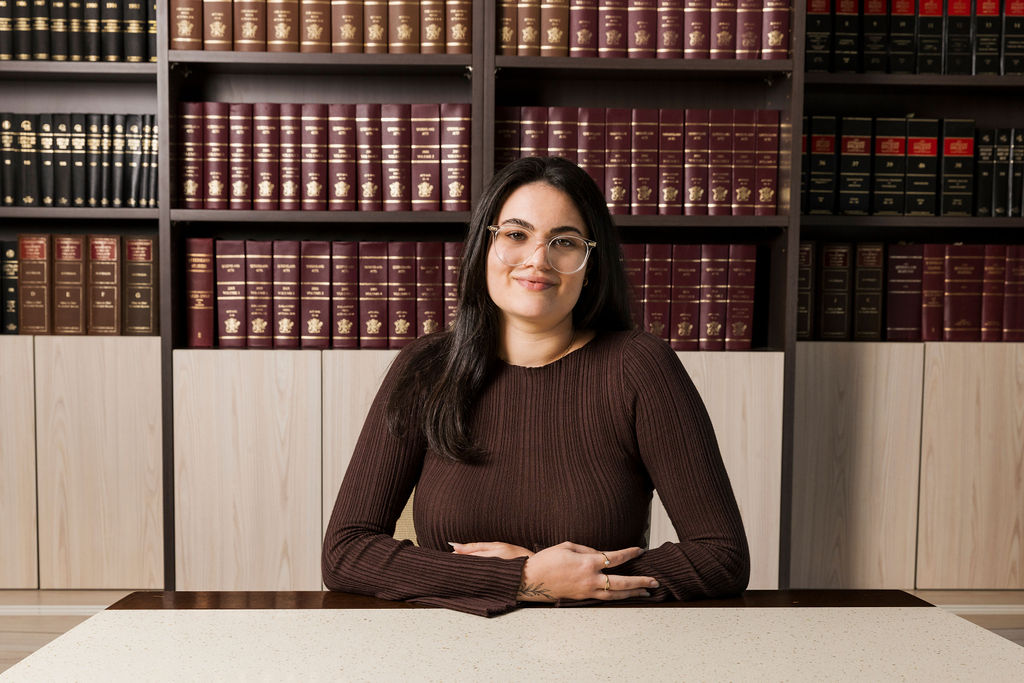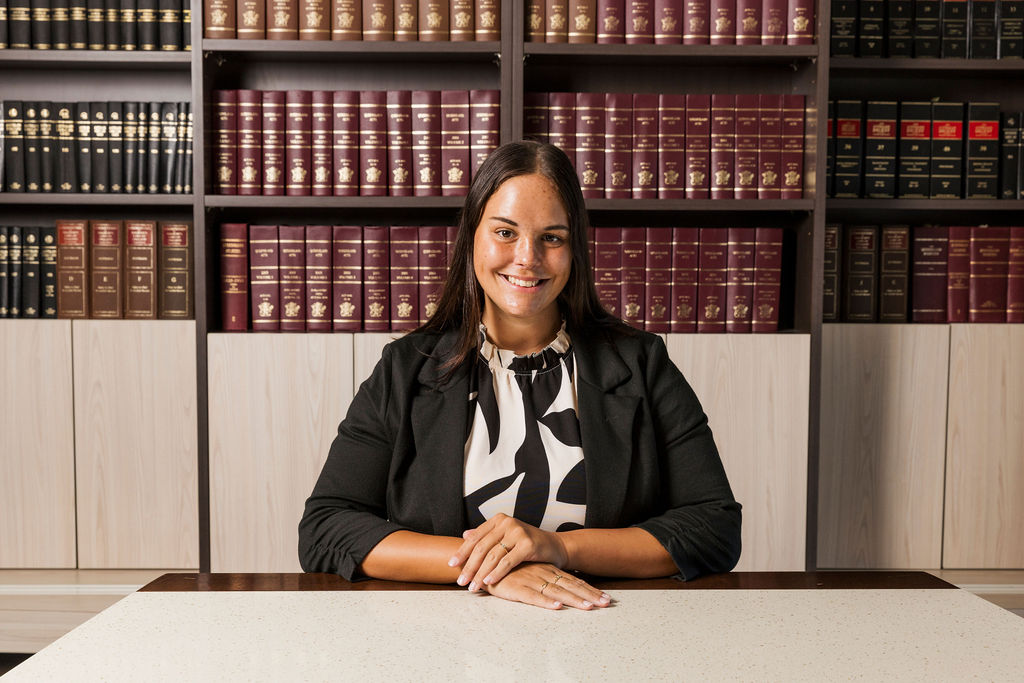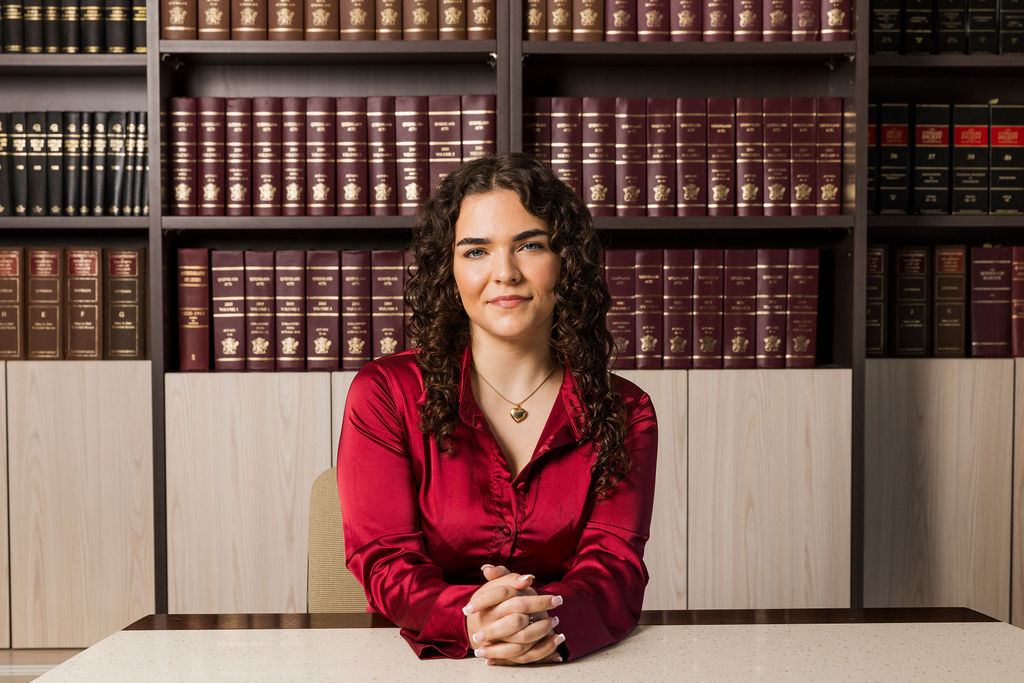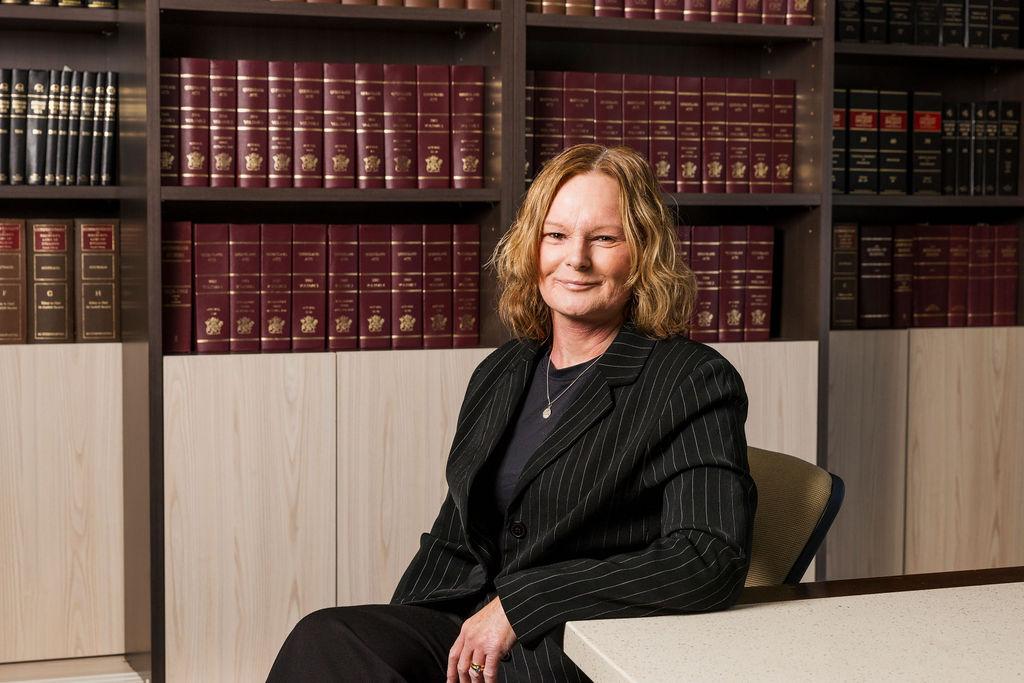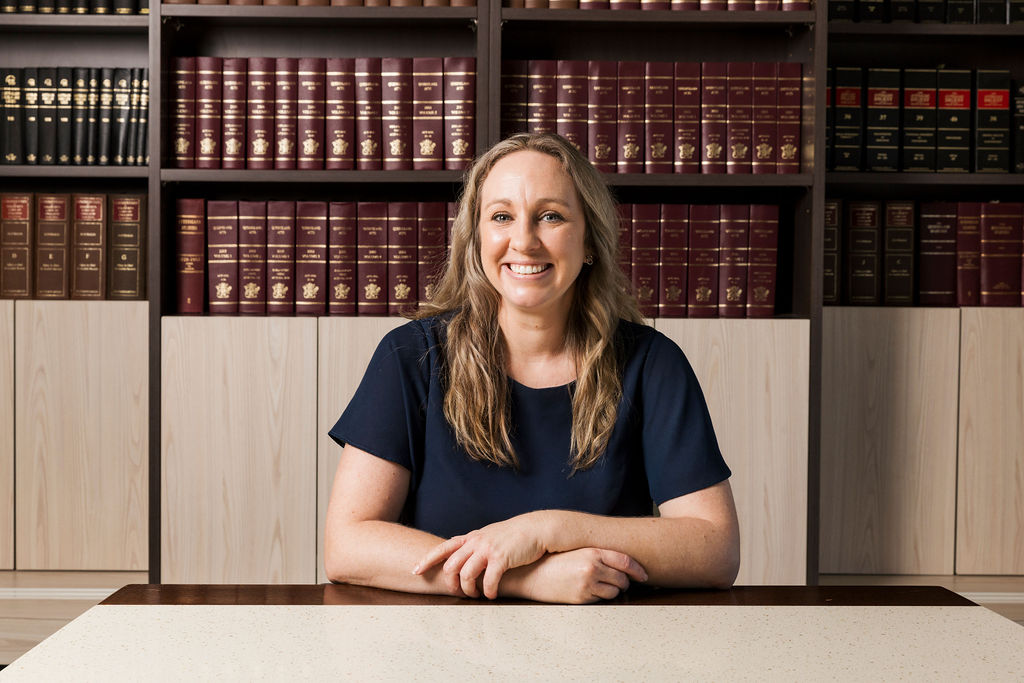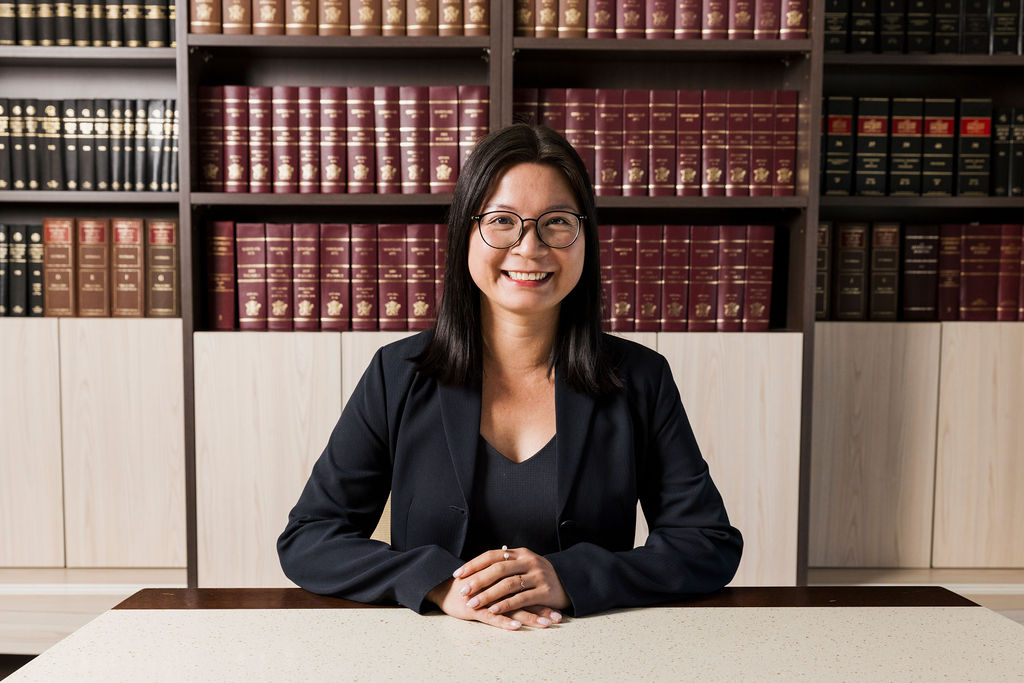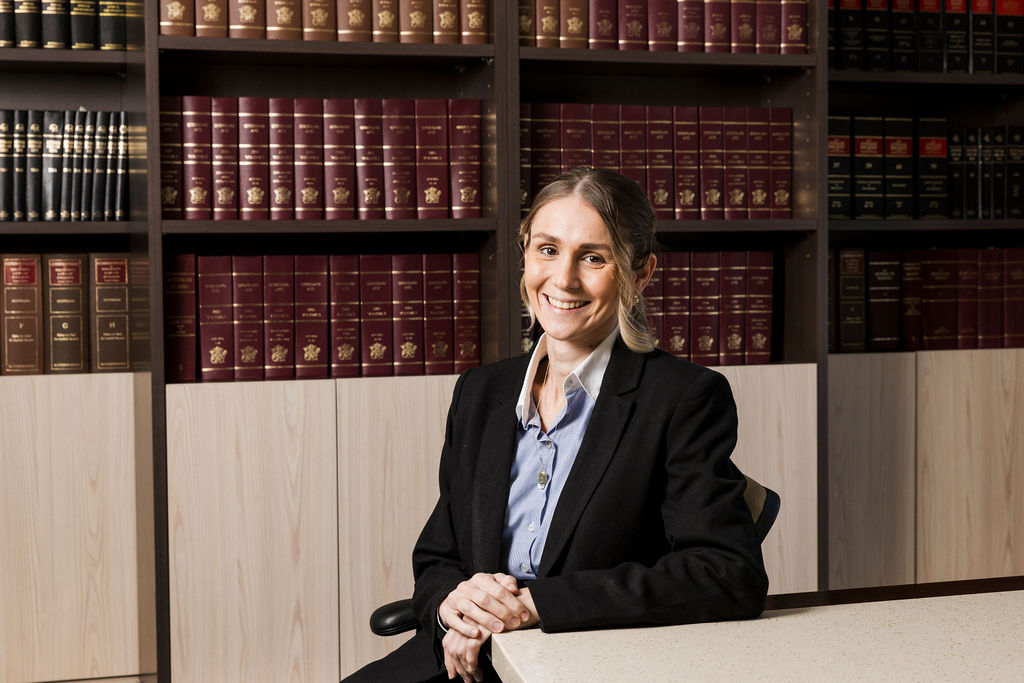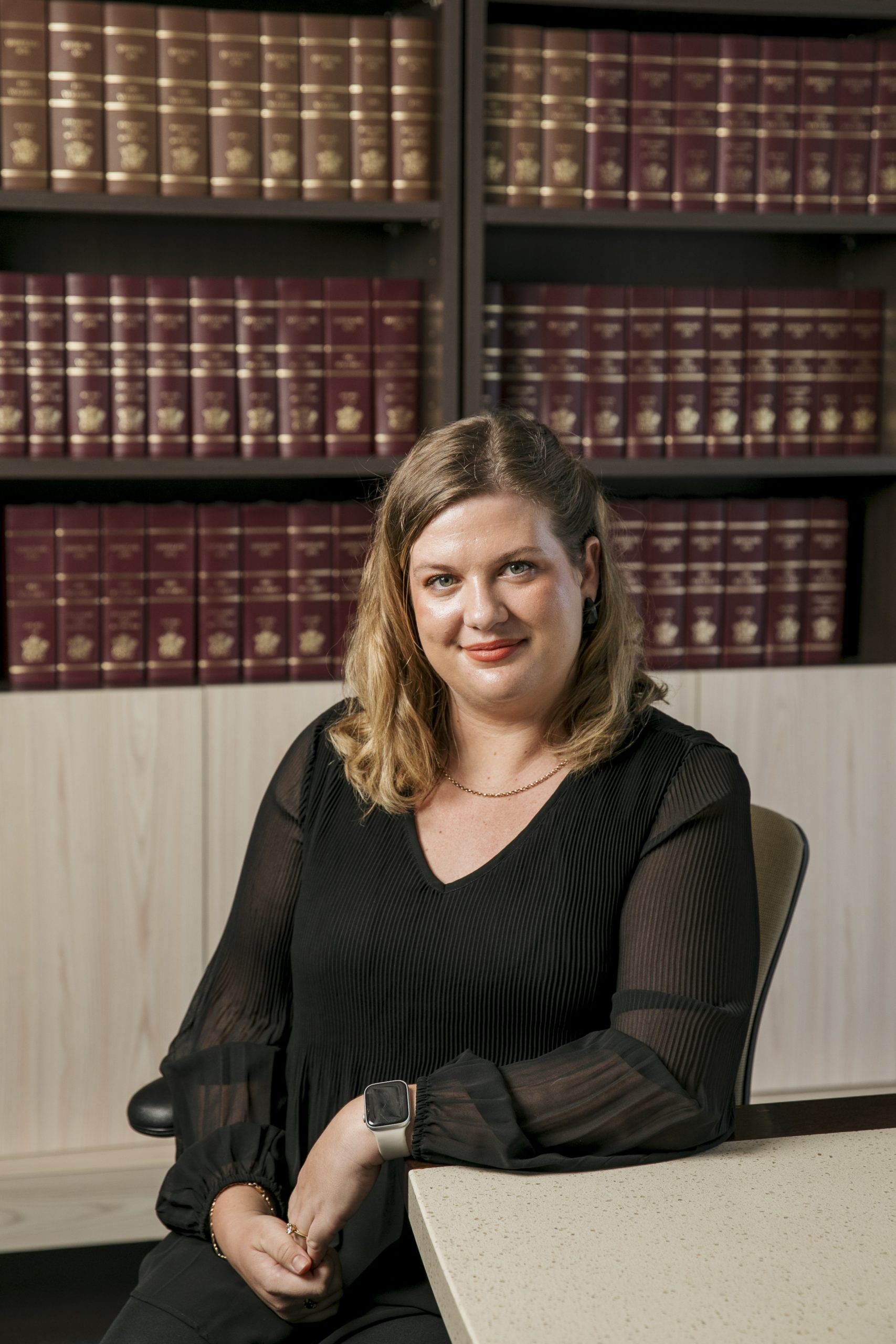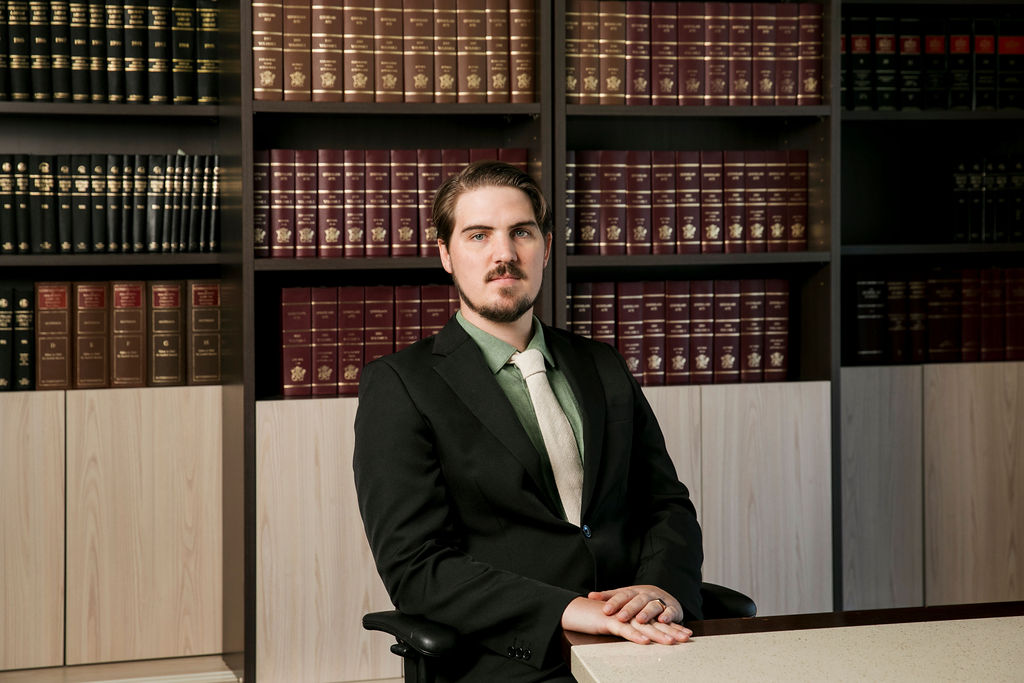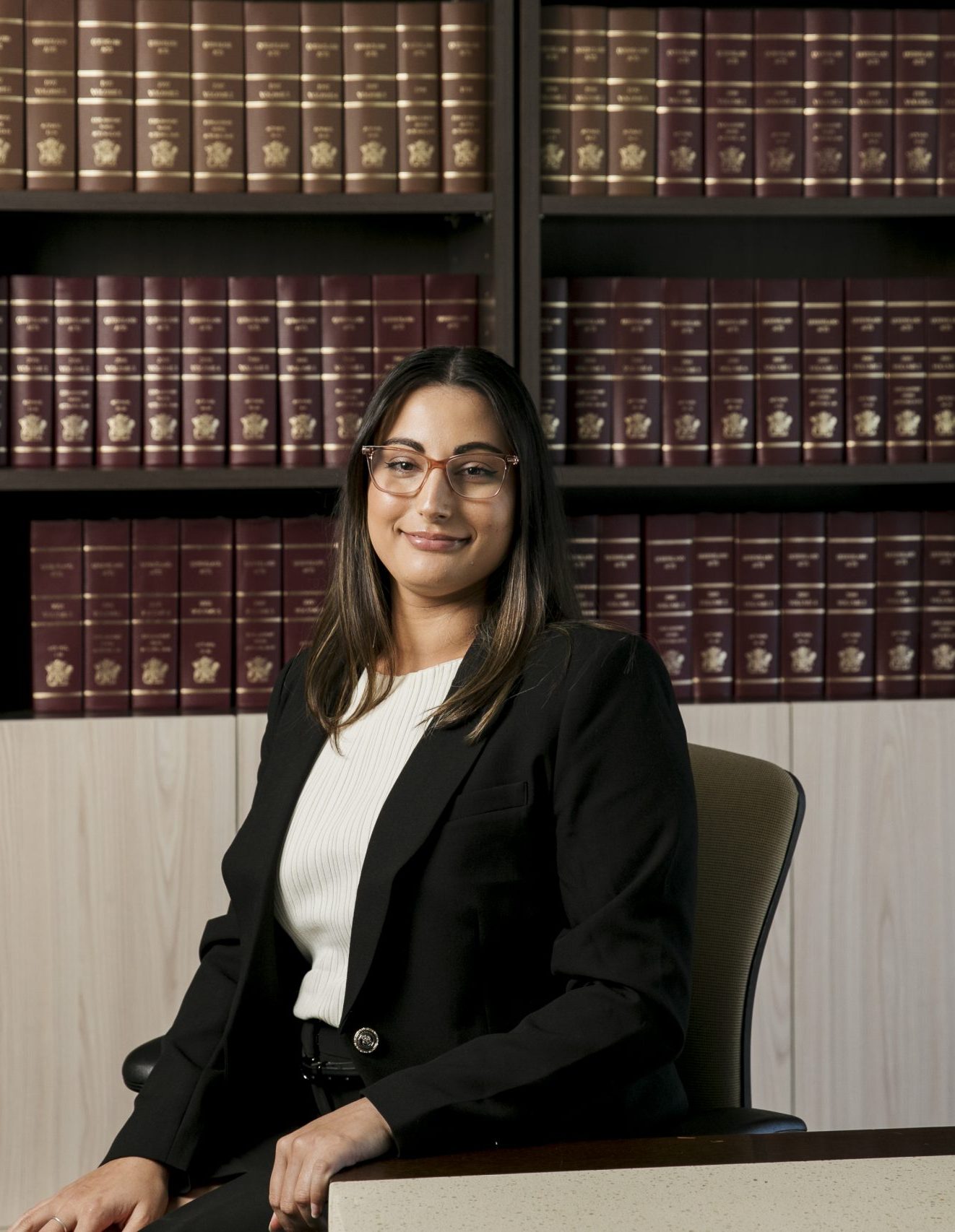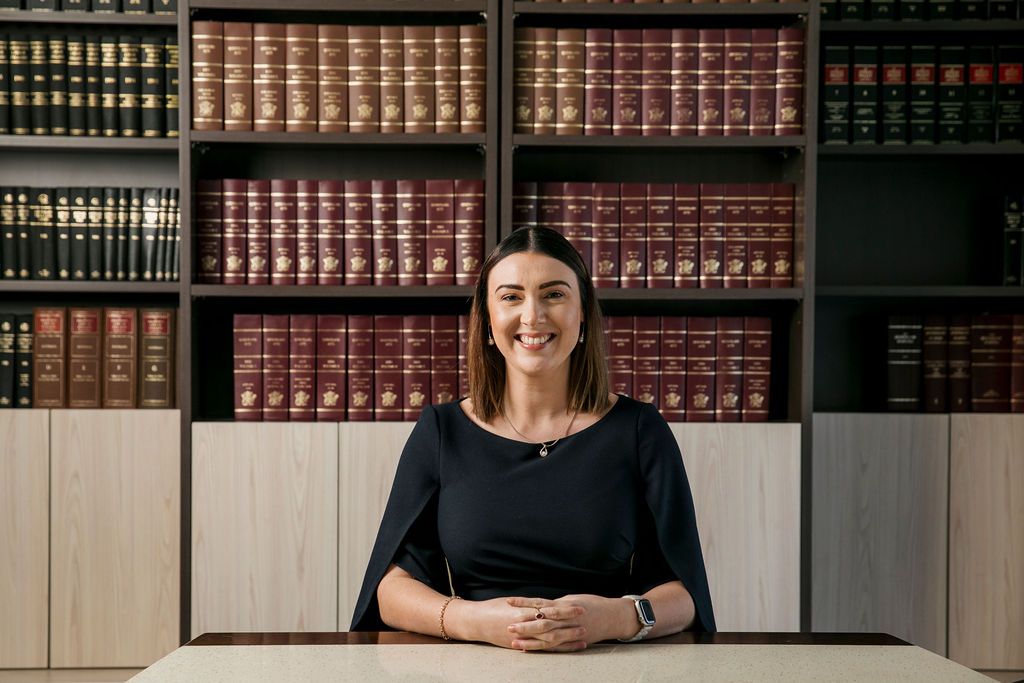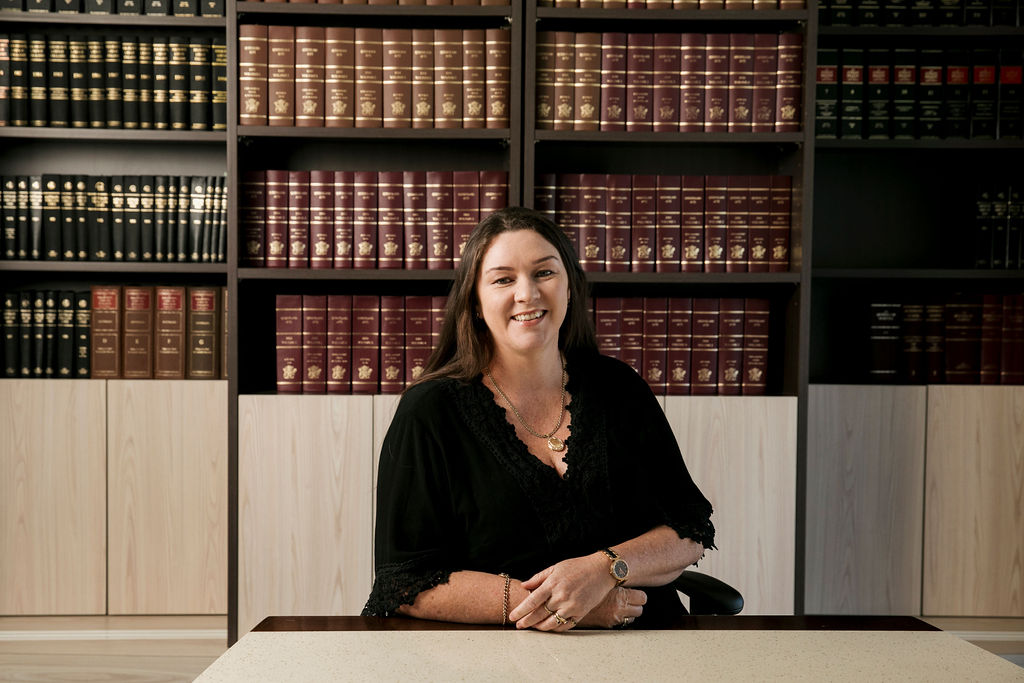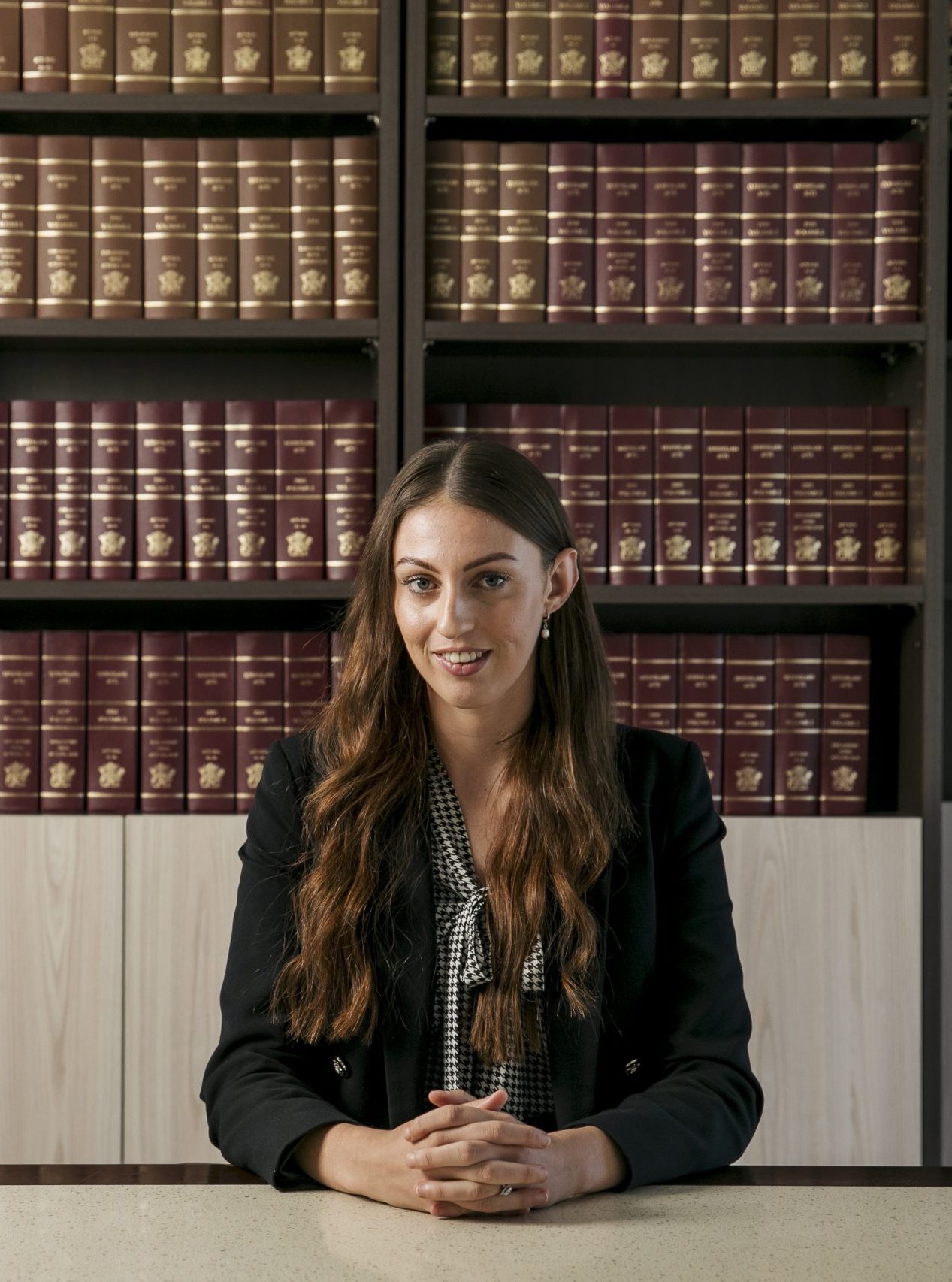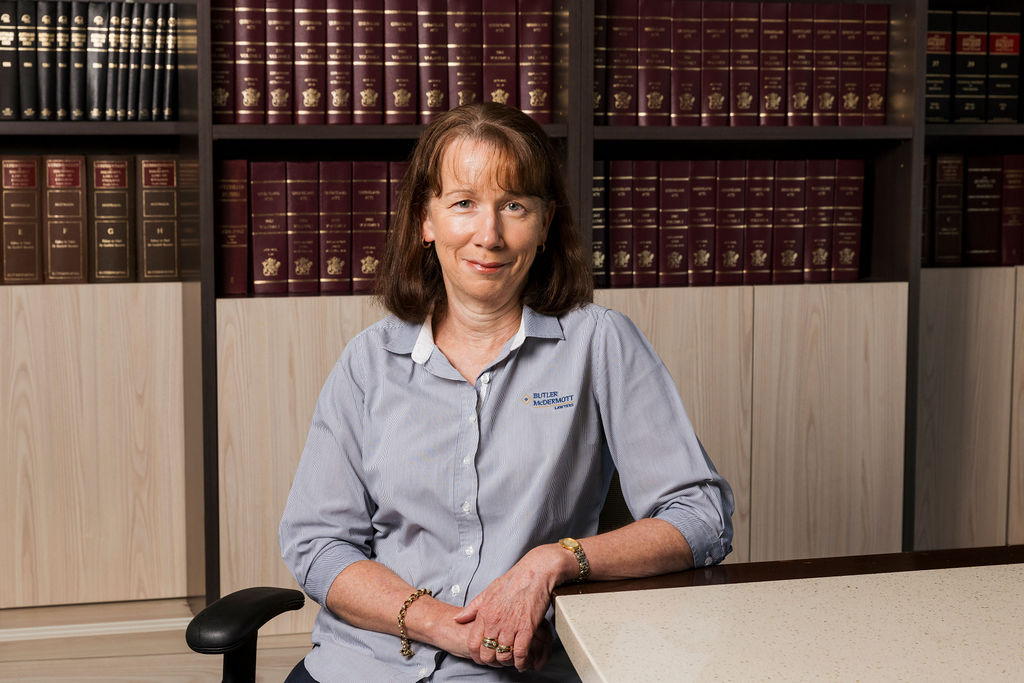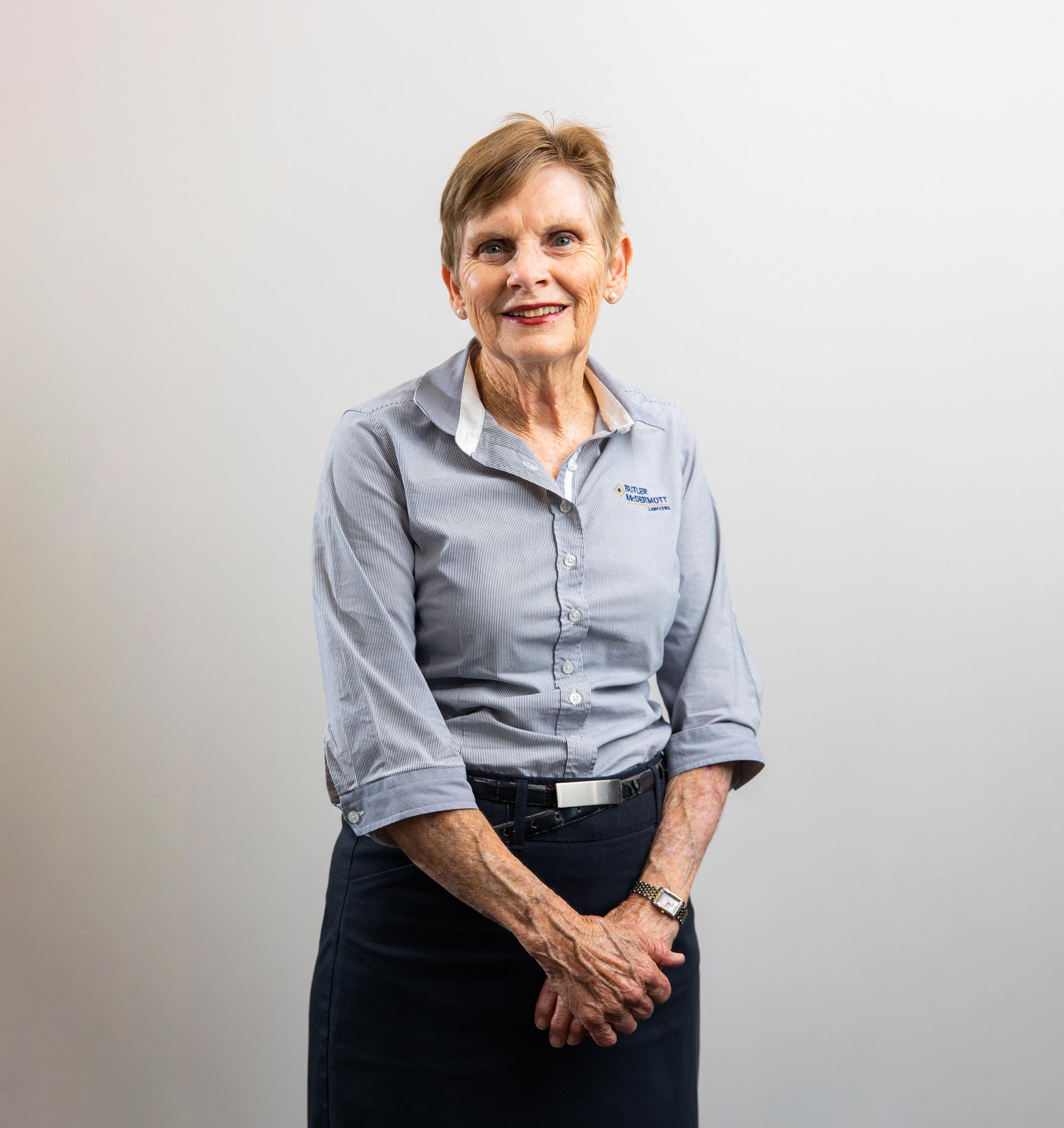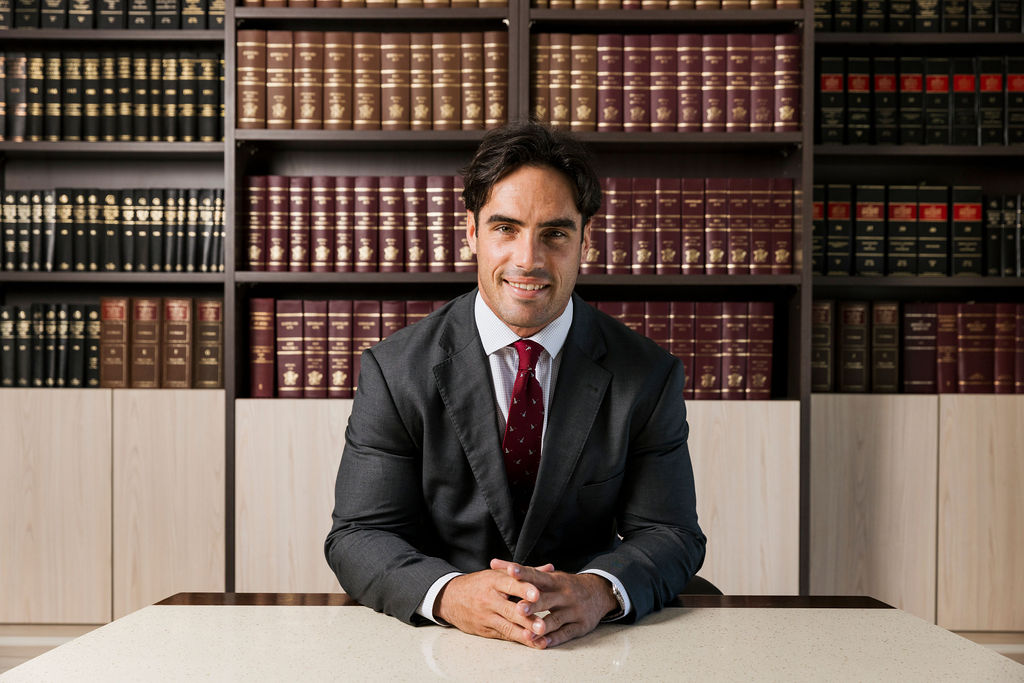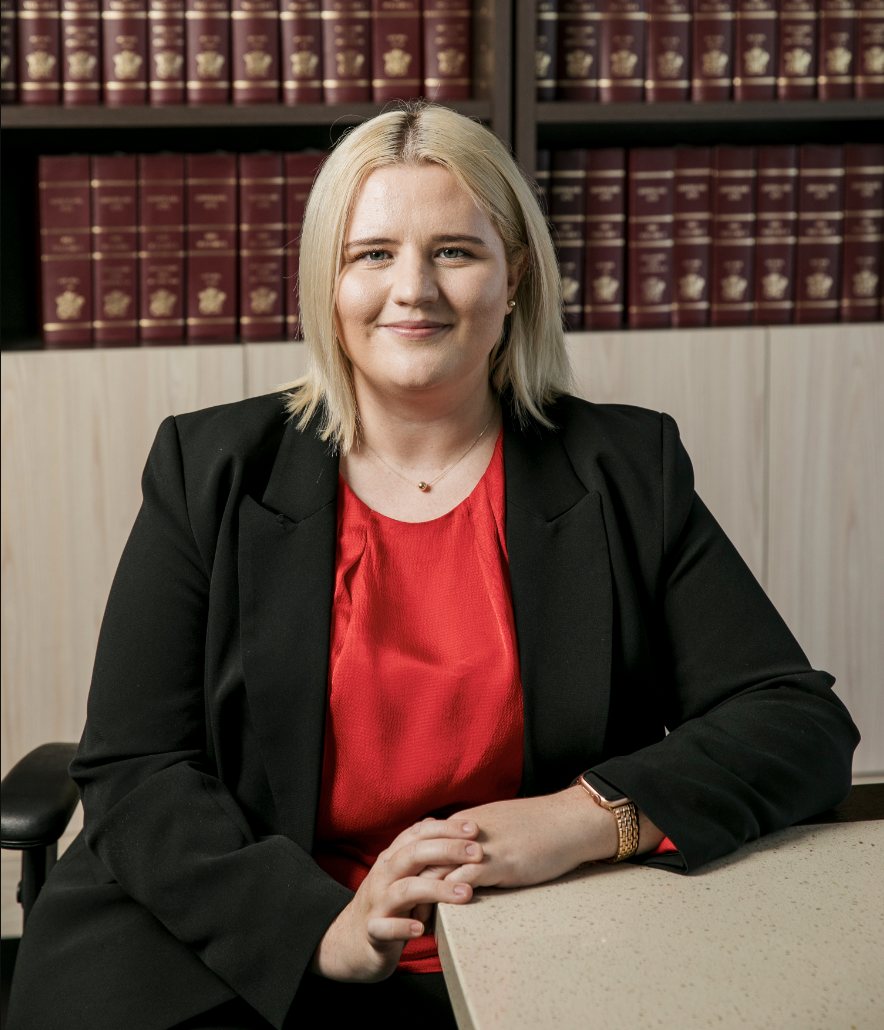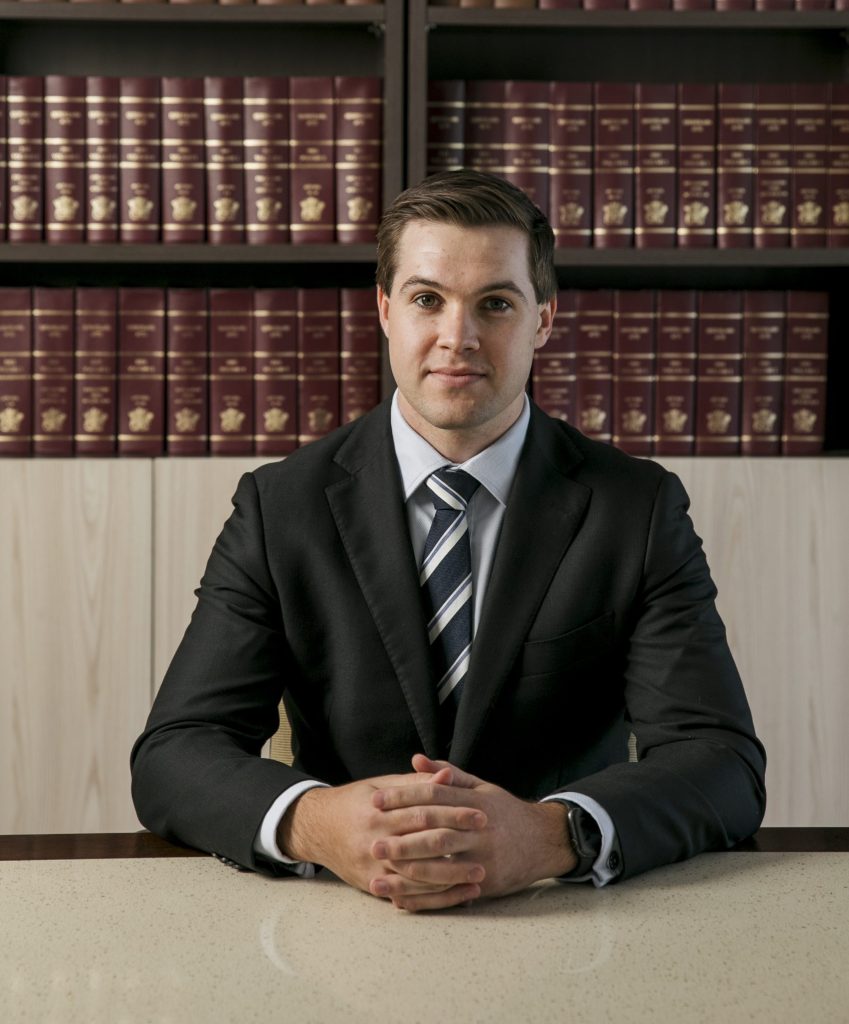Table of Contents
Understanding the Department of Transport and Main Roads Project & Land Resumption in Queensland
The Queensland Land Resumption Process: A Step-by-Step Guide
Your Rights and Compensation Entitlements: More Than Just Market Value
Why Choose Butler McDermott Lawyers: Your Trusted Advocates in Land Resumption
What to Do If Your Property is Affected by Department of Transport and Main Roads Resumptions
The Impact of Highway Upgrades
The South East Queensland region has undergone significant infrastructure development over the past decades, reflecting its rapid growth and evolving needs. A new project proposing the addition of extra lanes and side roads is planned for a congested stretch of the Bruce Highway between Brisbane and the Sunshine Coast. The Department of Transport and Main Roads has identified its preferred solution for the 19-kilometre section between Anzac Avenue at Mango Hill and Caboolture-Bribie Island Road at Caboolture. While these projects are essential for improving regional connectivity and strengthening transport networks, they also present a challenging reality for property owners: the potential for land resumption, also known as compulsory acquisition.
Upon receiving an official Notice of Intention to Resume (NIR), property owners may understandably experience feelings of uncertainty, anxiety, and even being overwhelmed. It is in these moments that expert legal guidance becomes indispensable. Butler McDermott Lawyers stands as a dedicated legal partner, specialising in land resumption law, committed to guiding property owners through this complex process, protecting their rights, and ensuring they receive fair and full compensation.
Understanding the Department of Transport and Main Roads Project & Land Resumption in Queensland
The Department of Transport and Main Roads project, focused on expanding busy sections of the highway with additional lanes and side roads, exemplifies the type of transport infrastructure development that necessitates land acquisition by the government. Land resumption is the legal process by which a “constructing authority” such as the Department of Transport and Main Roads, is empowered by law to acquire privately owned land for a public purpose. This process is also commonly referred to as “compulsory acquisition”.
In Queensland, the legal foundation for this process is the Acquisition of Land Act 1967 (ALA). This Act outlines the legal framework, the rights afforded to property owners, and the precise procedures for acquiring land for various public works, including roads, railways, hospitals, and other essential infrastructure. A crucial aspect for property owners to understand is that while the land is acquired for legitimate public purposes under the ALA, and there is generally no possibility to appeal a to compulsorily acquire land once the relevant Minister has approved it, the property owner’s interest in the land is converted into a right to claim compensation once the “Taking of Land Notice” is published in the Queensland Government Gazette. This fundamental shift in the nature of the property owner’s rights means that the primary focus for affected individuals, and for the strategic approach of legal counsel, must quickly transition from attempting to prevent the acquisition to diligently ensuring the fullest possible compensation for their loss.
The Queensland Land Resumption Process: A Step-by-Step Guide
Navigating a land resumption can be challenging, but understanding the key stages helps property owners make informed decisions:
Initial Contact: The Department of Transport and Main Roads (TMR) often contacts property owners early to advise their land may be affected. This is not a formal notice, but signals potential acquisition. The Department will encourage an early one on one meeting with its officers, to discuss the potential impact of the project on your property, and to begin to gather information which may later be used in negotiations.
Notice of Intention to Resume (NIR): The formal process begins when TMR serves a Notice of Intention to Resume. This outlines the land affected, the public purpose, for which it is intended to be taken, and the owner’s right to object.
Objection Period: Owners have a minimum of 30 days to submit a written objection. Objections can be based on public need, location, or impact – but not compensation. Owners may also request a hearing. Even if the land is still resumed, a well-crafted objection may influence the resumption – for example, by reducing the area which is taken.
Gazettal & Ministerial Approval: If no objection is made – or the objection is unsuccessful – TMR applies to the Minister. Upon approval, a Taking of Land Notice is published in the Queensland Government Gazette, officially transferring ownership and triggering the right to claim compensation.
Compensation Claim: Anyone with a legal interest (e.g. owner, tenant, licensee) has three years from gazettal to lodge a written compensation claim.
Assessment & Negotiation: TMR assesses the claim, often with the help of valuers, and provides an offer. This may not reflect full entitlements, so it’s essential to seek independent legal and valuation advice to ensure fairness.
Advance Payments: After lodging a claim, owners can request an advance payment to ease financial pressure. This doesn’t affect the right to seek more later.
Land Court Referral: If no agreement is reached, either party may refer the matter to the Land Court of Queensland for an independent determination.
Settlement: Once agreement is reached, either by negotiation or court order, compensation is paid and the process ends. Most cases resolve within 4–6 months, though complex matters may take longer.
Your Rights and Compensation Entitlements: More Than Just Market Value
A fundamental principle of land resumption in Queensland is that property owners have a legal right to claim fair and full compensation for their resumed land, within the bounds of the ALA. It is imperative for affected individuals to understand that this compensation extends far beyond merely the market value of the property itself. Initial offers from acquiring authorities often do not encompass the full range of entitlements, and property owners may be entitled to much more than what is initially presented.
The comprehensive scope of compensation typically includes:
Market Value
This represents the value of the land on the date the “Taking of Land Notice” is published in the Queensland Government Gazette. This valuation aims to reflect what a willing buyer would pay a willing seller in an open market.
Disturbance Costs
These are significant and frequently overlooked components of compensation. They cover a wide array of financial losses and expenses directly incurred as a result of the resumption. Examples include:
Legal, Valuation, and Other Professional Fees: Reasonable costs incurred for engaging a solicitor, registered valuer, and any other necessary consultants to prepare and file the compensation claim are typically reimbursed by the resuming authority as part of the overall settlement. This provision significantly de-risks the process of seeking expert assistance.
Stamp Duty and Conveyancing Fees: Costs associated with the purchase of a replacement property of equal value are generally covered.
Removal and Storage Expenses: Reasonable costs for relocating personal effects, furniture, and business assets are compensable.
Loss of Profits/Business Relocation Costs: For business owners, compensation can extend to reasonable costs associated with the relocation of their business, including any demonstrable loss of profits incurred during the transition period.
Connection to Services/Utilities: Costs incurred for connecting to new services or utilities upon relocation are also compensable.
Other Financial Costs: Any other financial costs that have been, or may be, reasonably incurred as a direct consequence of the resumption are eligible for compensation.
Injurious Affection and Severance
These terms refer to the reduction in value of any remaining land owned by the property owner, caused either by the acquisition of a portion of their land (severance) or by the construction of the public work on the acquired land (injurious affection).
Highest and Best Use Valuation
When assessing compensation, the land’s highest and best potential use, not just its current use, must be considered to reflect its true value. However, emotional distress is not compensable under Queensland law.
The Department of Transport and Main Roads (and similar authorities) have expert valuers and legal teams, while most property owners are navigating the resumption process for the first time. This creates a significant information and negotiation imbalance.
Without independent legal and valuation advice, property owners are at risk of accepting undervalued offers, often out of stress or urgency to move on. Engaging your own professionals ensures a fairer, more informed outcome, and protects your legal entitlements.
Why Choose Butler McDermott Lawyers: Your Trusted Advocates in Land Resumption
When faced with the complexities of land resumption, selecting the right legal representation can profoundly impact the outcome. Butler McDermott Lawyers offers a distinctive advantage, underpinned by extensive experience and a client-focused approach.
A Proven Track Record
Butler McDermott Lawyers has a long-standing reputation for successfully representing clients in major land resumption matters across Queensland. Notably, the firm represented over 100 property owners affected by the proposed Traveston Crossing Dam, securing fair and equitable compensation.
Beyond the Sunshine Coast, Butler McDermott also contributed their expertise to other major projects, including the Bruce Highway Western Alternative in North Brisbane. Their work across multiple corridors demonstrates a comprehensive understanding of resumption law, valuation strategies, and negotiation dynamics across Queensland.
Strategic Support From Start to Finish
From the moment a property owner is contacted by a Resuming Authority like Department of Transport and Main Roads Butler McDermott provides comprehensive guidance. Their support extends through objections, independent valuations, meticulous claims preparation, and negotiations, all the way to mediation or, if necessary, Land Court proceedings.
Preempting Common Mistakes
A cornerstone of their approach is proactively advising clients against common pitfalls that can undermine their compensation claims. This includes strongly cautioning against accepting initial assessments or recommendations from authorities at face value, or making premature decisions such as relocating before securing fair compensation. This proactive stance helps property owners avoid leaving significant compensation on the table and navigate the entire complex process with confidence, knowing their rights are being fully protected from the outset, rather than trying to fix issues retrospectively.
What to Do If Your Property is Affected by Department of Transport and Main Roads Resumptions
Receiving a notice about potential land resumption can be unsettling, but taking immediate and informed action is crucial to protecting one’s rights and ensuring fair compensation.
Do Not Ignore It
It is of paramount importance to take any communication from the Department of Transport and Main Roads seriously. Ignoring notices or failing to respond to deadlines can lead to the forfeiture of key legal rights and significantly compromise a property owner’s position.
Keep All Communication
Property owners are advised to meticulously document and retain all correspondence, notices, offers, and any other relevant documents received from Department of Transport and Main Roads or any other authorities involved. This comprehensive record forms crucial evidence that will support any future claim for compensation.
Do Not Accept Initial Offers Without Independent Advice
This advice is critical. Property owners should be strongly cautioned against accepting any compensation offer or signing any documents without first consulting an independent legal expert and obtaining an independent valuation. Initial offers are often formulated from the authority’s perspective and may not reflect the full scope of entitlements available to the property owner. The land resumption process is governed by strict legal deadlines, such as the 30-day objection period from the NIR and the three-year compensation claim deadline from gazettal. Delaying legal engagement means potentially missing these critical windows for action or making uninformed decisions under pressure.
Contact Butler McDermott Lawyers Immediately
Early engagement with legal counsel provides a significant advantage for property owners. By contacting Butler McDermott Lawyers immediately upon receiving a notice, property owners gain a “first mover” advantage in terms of legal strategy. This allows them to proactively shape their response, gather necessary evidence, and prepare a robust claim from the outset, rather than reacting to the authority’s terms or attempting to rectify errors made due to a lack of timely advice. This proactive approach significantly increases the likelihood of a more favourable outcome.
Butler McDermott Lawyers can provide immediate assistance by:
Reviewing the Notice of Intention to Resume (NIR) to ensure a comprehensive understanding of its implications.
Advising on the property owner’s rights regarding objection and the strategic importance of this period.
Helping to understand the full scope of potential compensation, extending beyond basic market value.
Connecting with independent valuers to ensure an accurate and comprehensive assessment of the property’s value and all eligible disturbance costs.
Strategically preparing the compensation claim to ensure nothing is overlooked and maximum entitlements are pursued.
Guiding property owners through negotiations with the acquiring authority or representing them in Land Court proceedings if an amicable agreement cannot be reached.
Conclusion: Your Land Matters. So Do Your Rights.
The ongoing Department of Transport and Main Roads highway upgrades on the Sunshine Coast, while essential for regional development, present a unique set of challenges for affected property owners. The process of land resumption, governed by the Acquisition of Land Act 1967, is complex and can be emotionally taxing. However, property owners are not without recourse; they possess significant legal rights to fair and full compensation.
Butler McDermott Lawyers stands as a steadfast advocate, committed to protecting the rights and financial interests of property owners facing land resumption. Their extensive experience, particularly with similar infrastructure projects on the Sunshine Coast, coupled with a comprehensive and empathetic approach, ensures that clients are supported at every stage. The firm’s commitment to ensuring that nothing is left on the table for their clients underscores their dedication to securing the best possible outcome.
Property owners affected by the Department of Transport and Main Roads highway upgrades are strongly encouraged to seek expert legal advice without delay. Proactive engagement with experienced legal professionals is the most effective way to navigate the complexities of land resumption, protect your entitlements, and achieve a just resolution.
Your land matters. So do your rights.
For a free, no-obligation consultation, please contact Butler McDermott Lawyers:


